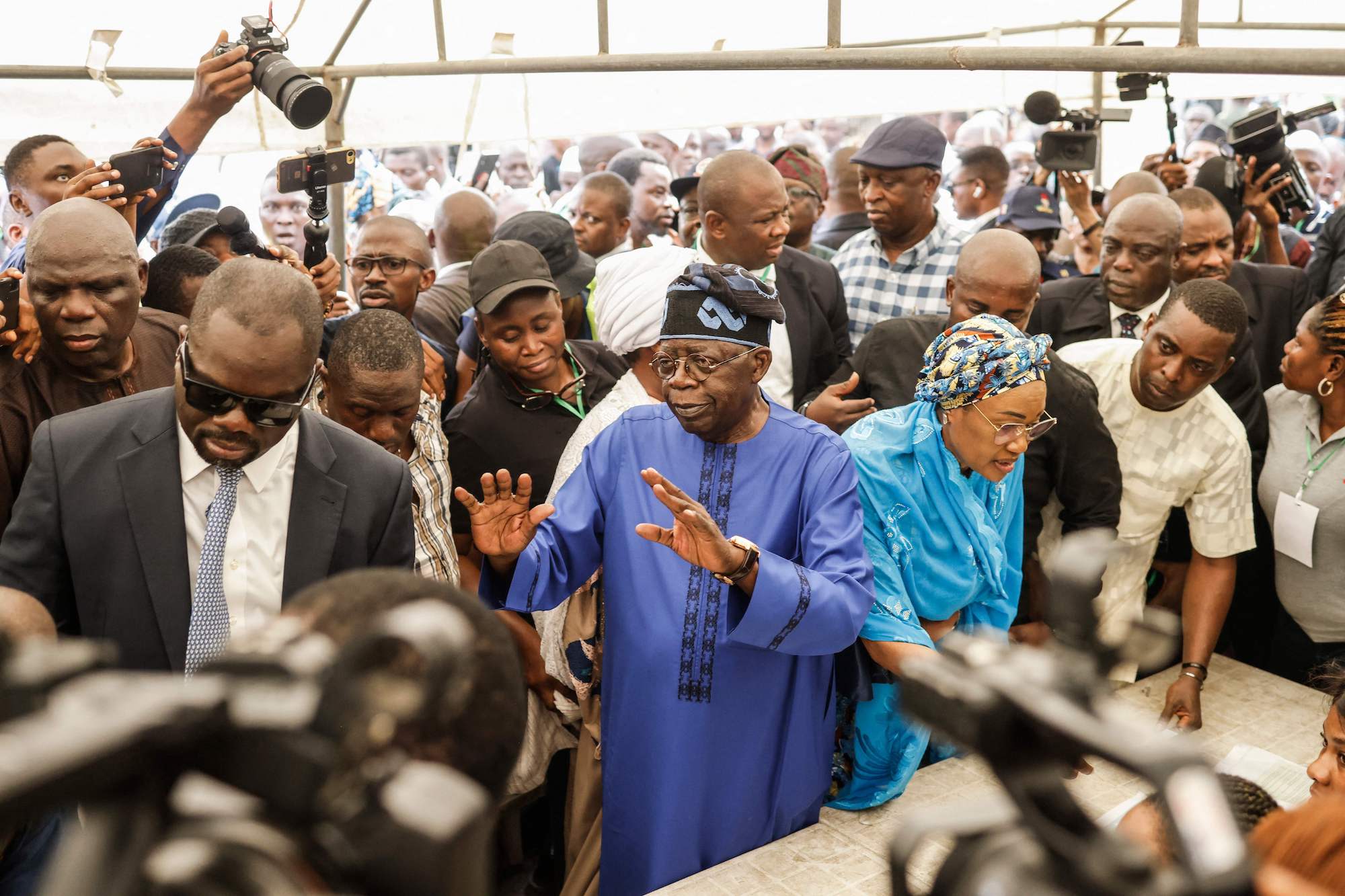The opinions presented in this piece are those of the author and do not necessarily represent InTv Media’s editorial position.Thank you.
The what-about fuss as to the correct interpretation of s.132(2)(b) is so unnecessary. That provision of the constitution is as straightforward as an arrow and it is a literal provision of the constitution and should be interpreted as such. Any other interpretation rule adopted for its interpretation other than the literal rule will only bring about a fundamental departure from its original contemplation which will only be hazardous.

The misinterpretations and debacle about what that section really postulates is just a mischievous ploy by mischief makers and understandably, from the aggrieved party members who are currently drowning in the pool of defeat, therefore, looking for the slightest branch of a tree to lay hold on to grasp for air so as to save their faces.

For the record, my preferred candidate by every indication may likely not win the presidential election, but it will be mischievous and dishonourable on my part as a lawyer to try to twist the provisions of the constitution as some so-called lawyers have been doing on social media, deceiving the gullibles and hitting up the polity just because their prefered candidate did not win; this is so low of a lawyer.
For the sake of emphasis, this section of the constitution [S. 134(2)] which gained notoriety since yesterday is worded thus;
READ ALSO: Lessons And Scandals Of This Election
Section 134(2) :
(2) A candidate for an election to the office of the President shall be deemed to have been duly elected where, there being more than two candidates for the election –
(a) he has the highest number of votes cast at the election; and
(b) he has not less than one-quarter of the votes cast at the election in each of at least two-thirds of all the States in the Federation and the Federal Capital Territory, Abuja.
To this effect, using the literal rule of interpretation to (literally) interpret what the constitution contemplated here; simply means that for a candidate to be deemed duly elected he must have at least won 2/3 of the majority votes cast in the country. Mathematically, 2/3 of 37 States of Nigeria (37 when you add the FCT) means that he must have scored 25% of at least 25 states, including the FCT; not that he must score 25% of 25 States and also get 25% of the FCT. The FCT has no other special privilege outside being another state of the federation, so the thought that a contestant after scoring 25% of 25 States must as well score 25% of the FCT is rather ridiculous.
The conjunction “and” used in paragraph B of the S 134(2) which is what has been causing the confusion simply means what it is; “with the FCT inclusive”.
Someone may want to argue that FCT is not a state, but yes, in a plethora of cases, the court has adopted that the FCT may not be a state as properly so-called but is to be regarded as well as a state of the federation which is to be administered by the FCT ministers who acts as it’s governor. In fact, in S. 299 of the Constitution, the provisions stipulate thus; “The provisions of this Constitution shall apply to the Federal Capital Territory, Abuja (as if it were one of the States of the Federation)”. This is to say that the constitution has always held FCT to be regarded as the 37th state of the federation.
In summary, a candidate who has secured 25% of votes in 25 of any states of the federation which has made up the 2/3 majority has fulfilled the constitutional threshold to be deemed elected as provided in paragraph B of the S 134(2), he does not have to secure 25% of the votes cast of the FCT after securing 25% of other 25 states of the federation.
Stan Alieke Esq.



















